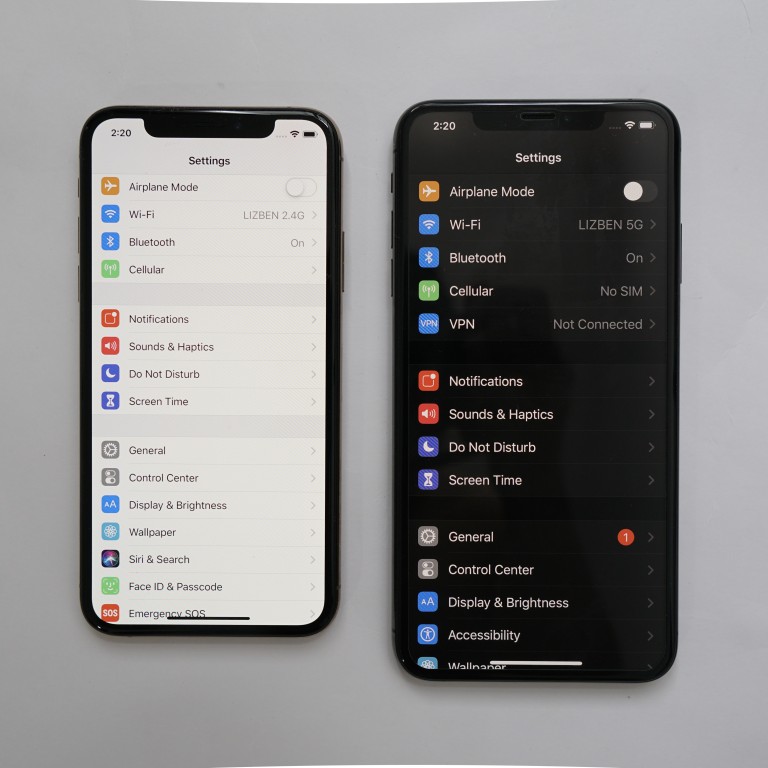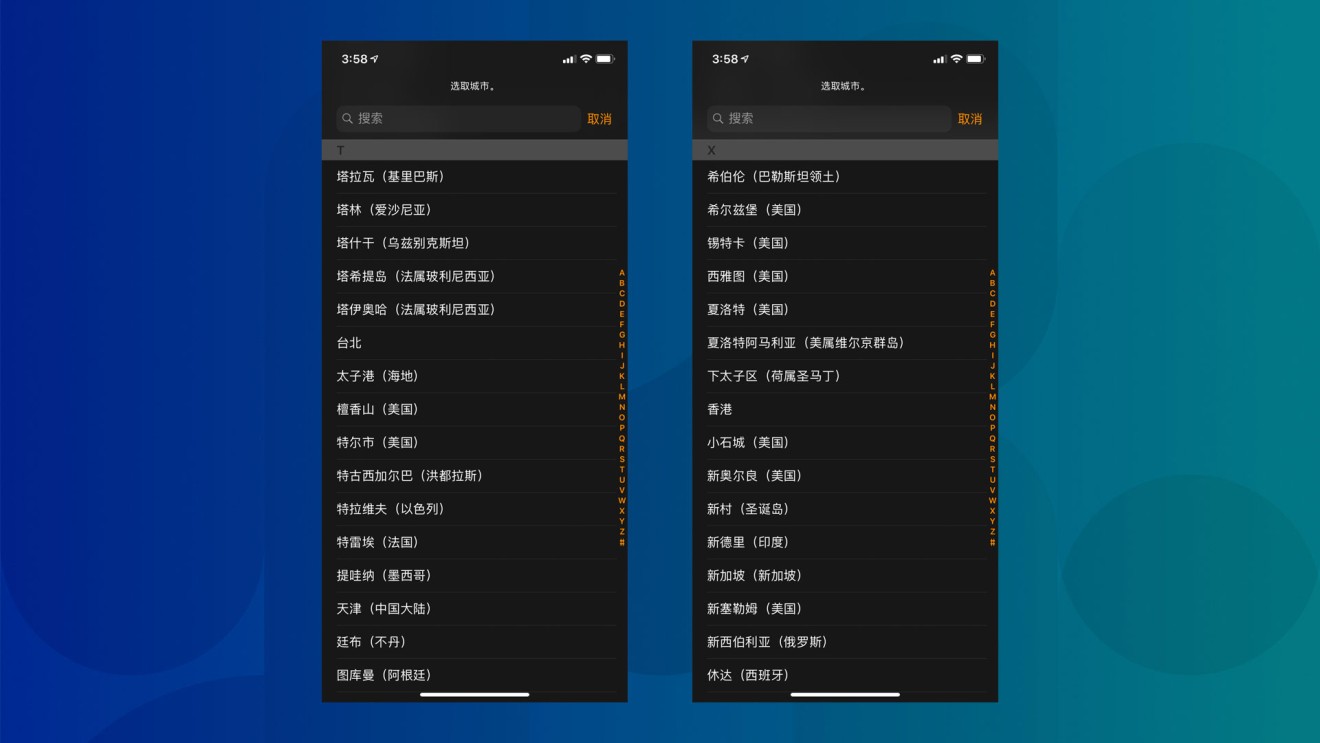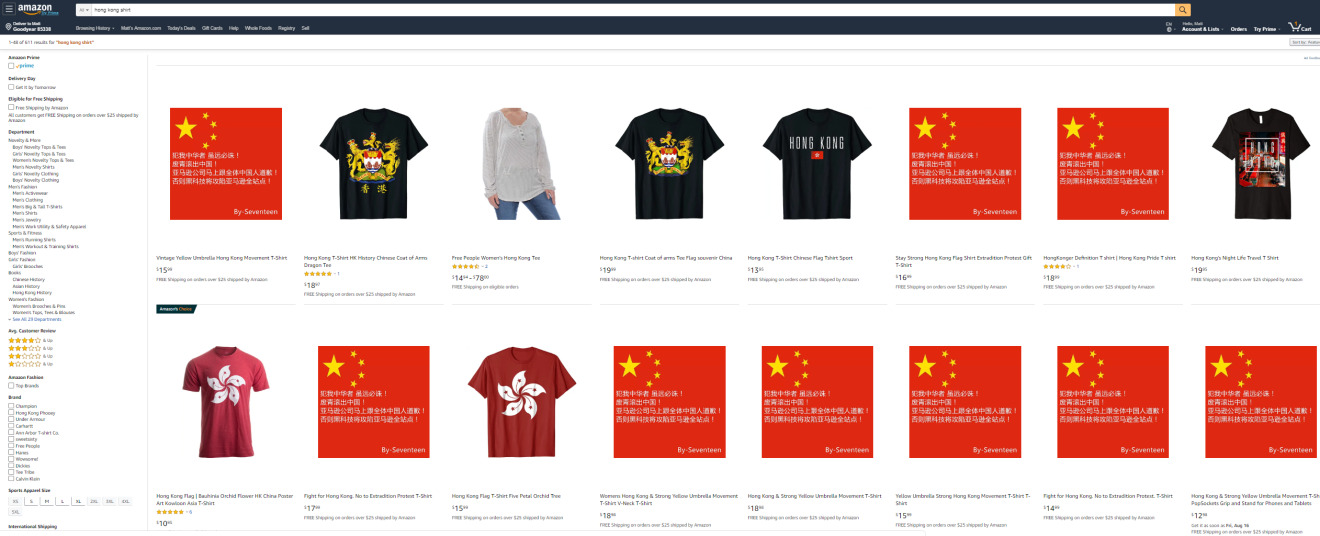
Apple and other tech titans in hot water again in China
Chinese netizens are fuming at Apple, Amazon and Samsung
If content on microblogging platform Weibo this week could be summed up in a single meme, it would probably be this one:
No one:
Weibo: Checks all submenus to confirm they adhere to the one-China principle.
Amid continuing anti-government turmoil in Hong Kong, Weibo users have been waging their own battle against companies that don’t explicitly refer to Taiwan as part of China. Numerous tech companies have been caught in the fallout.
Apple was one of the first targets. Eagle-eyed netizens say that the iPhone clock menu lists Taipei, Hong Kong and Macao without a corresponding country, while cities in China are listed as part of mainland China.

Tech companies aren’t the only ones being charged with running afoul of the one-China principle, which is Beijing’s position that there is only one China, of which Taiwan is part. Thanks to raised tensions from the protests in Hong Kong, there has been a wave of calls to boycott brands that show Taiwan or one of China’s special administrative regions as a separate entity.
How Weibo became China’s most popular blogging platform
Weibo users have since moved on to tech companies like Samsung and Amazon.
Other protest shirts lasted a bit longer, but they mysteriously had their thumbnails in the search results replaced with a threat to “storm” Amazon’s website with “black technology,” a vague term that usually denotes an advanced type of tech. Not long after that, those shirts also started disappearing from search results and were listed as unavailable for purchase.

Still, some are calling for the patriotic fervor to cool down. One person even joked people should take it as an error on Apple’s part.
For more insights into China tech, sign up for our tech newsletters, subscribe to our Inside China Tech podcast, and download the comprehensive 2019 China Internet Report. Also roam China Tech City, an award-winning interactive digital map at our sister site Abacus.

